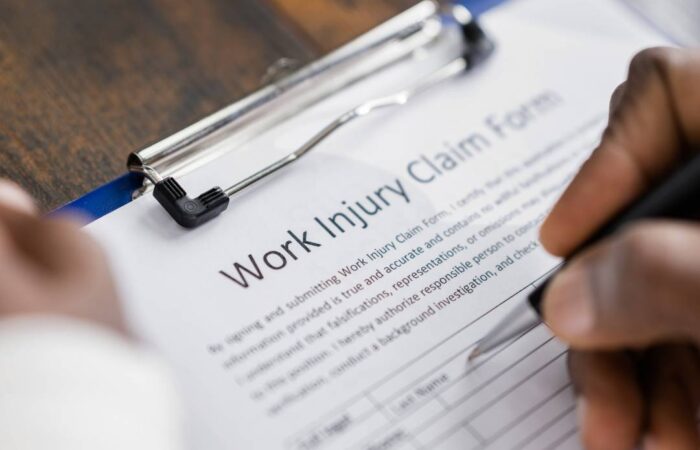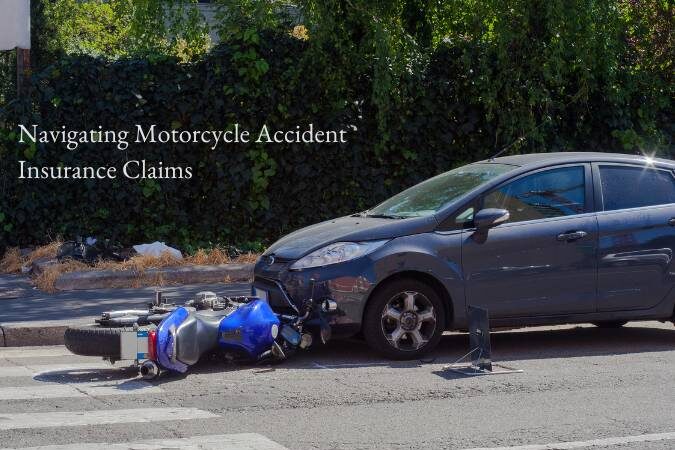Car crashes are all too common in Florida, so understanding Florida’s auto insurance rules before you hit the road can help you understand what you or another person could be liable for in the event of an accident.
The Florida Department of Highway Safety and Motor Vehicles requires that all drivers provide proof of personal injury protection (PIP) and property damage liability (PDL) insurance before registering their vehicle. But what do these insurance policies protect?
 Personal injury protection, as defined by the Florida Department of Highway Safety and Motor Vehicles, “covers 80% of all necessary and reasonable medical expenses up to $10,000 resulting from a covered injury, no matter who caused the crash.” That means even if you believe you aren’t at fault, you could still be liable to pay for injuries that resulted from an accident you were involved in.
Personal injury protection, as defined by the Florida Department of Highway Safety and Motor Vehicles, “covers 80% of all necessary and reasonable medical expenses up to $10,000 resulting from a covered injury, no matter who caused the crash.” That means even if you believe you aren’t at fault, you could still be liable to pay for injuries that resulted from an accident you were involved in.
Property damage liability covers the costs of damage to another person’s property in the event of an accident. Even if someone else is driving your car and crashes, you can still be held liable for that damage. Florida requires that, before registering a vehicle, you have a minimum of $10,000 PIP and PDL coverage.
Those two types of coverage won’t cover you against uninsured drivers. If you are in an accident with an uninsured driver, you will need uninsured driver insurance. Contact your insurance agent to make sure you have the coverage you need.
In the event of an accident, a qualified attorney can help you understand Florida laws and regulations and advise you of your options.
If you have been in a crash and need help understanding Florida’s auto insurance rules and how they apply to your situation, contact Kagan Law. Contact us or give us a call at (239) 466-1161 for a free consultation.





